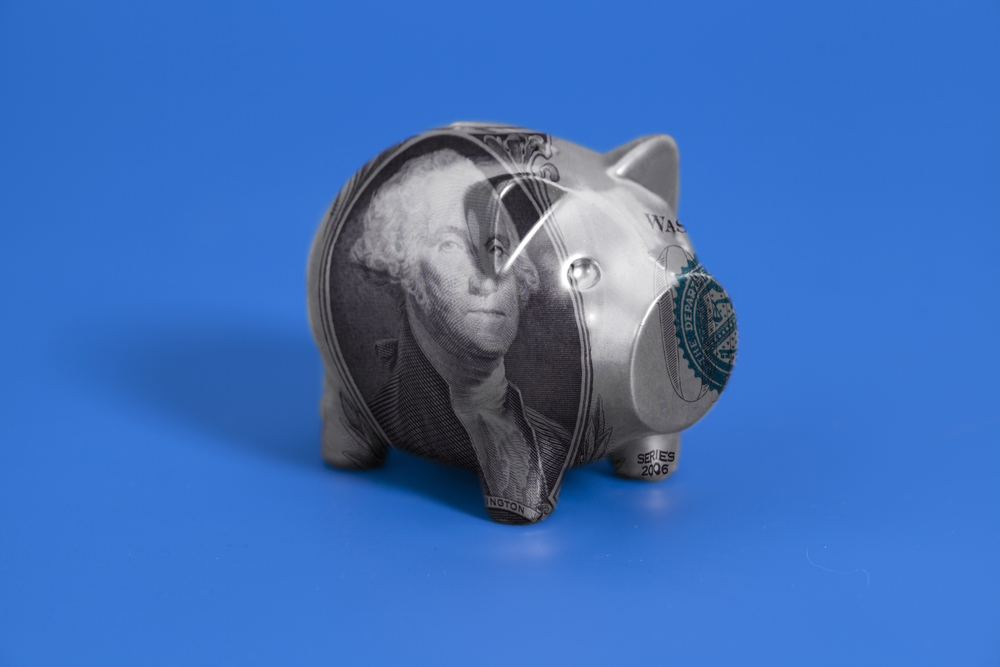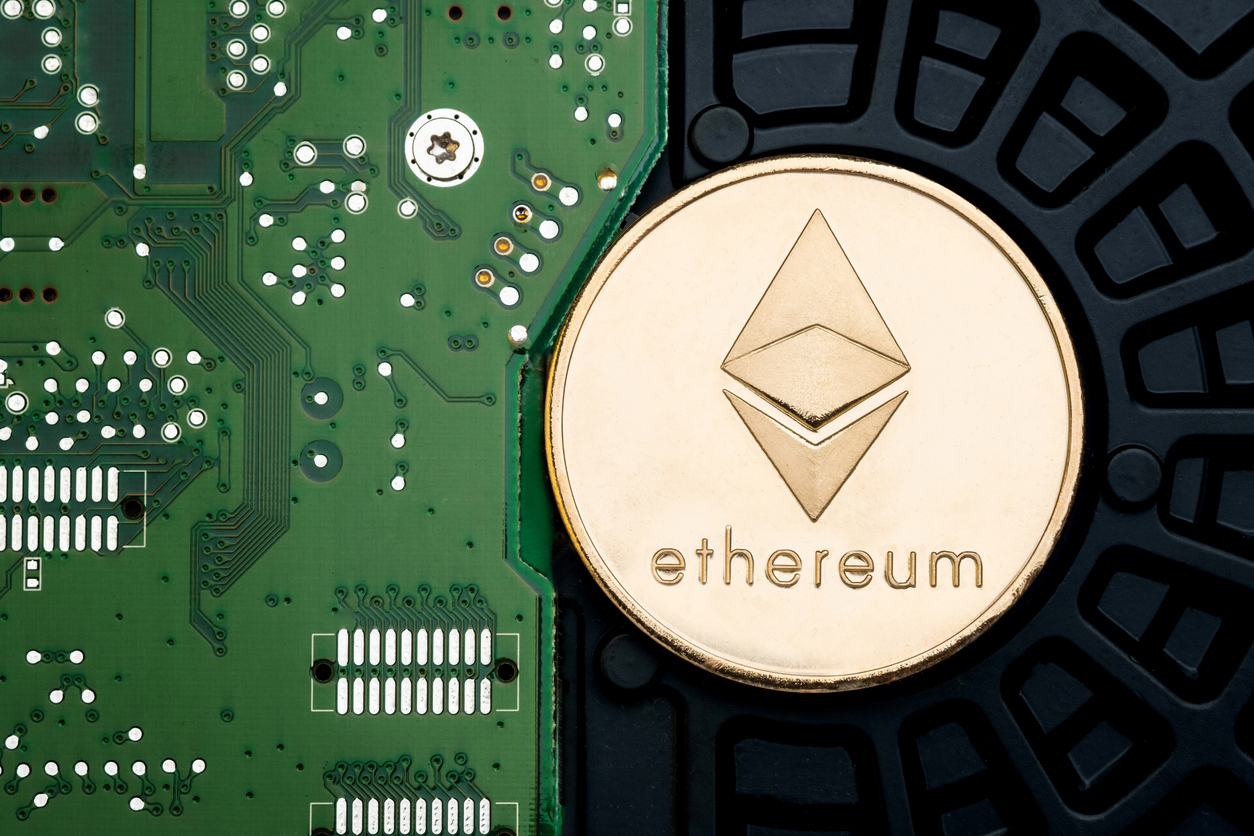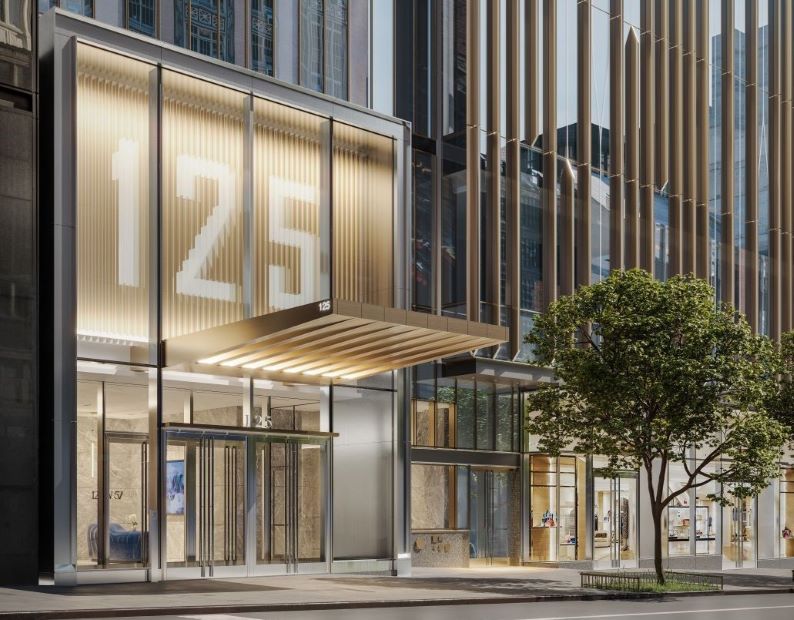Last week, Donald Trump claimed that letting in electric vehicles (EVs) from China would result in a “bloodbath.” Here are his words:
But if you look at the United Auto Workers, what they’ve done to their people is horrible. They want to do this all-electric nonsense where the cars don’t go far. They cost too much. And they’re all made in China. And the head of the United Auto Workers never probably shook hands with a Republican before they’re destroying — you know, Mexico has taken, over a period of 30 years, 34% of the automobile manufacturing business in our country, think of it, went to Mexico.
China now is building a couple of massive plants, where they’re going to build the cars in Mexico and … they think that they’re going to sell those cars into the United States with no tax at the border. Let me tell you something to China. If you’re listening, President Xi, and you and I are friends, but he understands the way I deal, those big, monster car manufacturing plants that you’re building in Mexico right now, and you think you’re going to get that, you’re going to not hire Americans, and you’re going to sell the cars to us, no. We’re going to put a 100% tariff on every single car that comes across the line, and you’re not going to be able to sell those cars.
If I get elected. Now, if I don’t get elected, it’s gonna be a bloodbath for the whole, that’s going to be the least of it. It’s bloodbath for the whole, that’s going to be the least of it. It’s going to be a bloodbath for the country. That’ll be the least of it. But they’re not gonna sell those cars.
What he was getting at was his regular theme: we should look at the obvious effects of imports on jobs of competing American workers–the bloodbath–and ignore the large gains to American consumers. His point was that if Biden were to be reelected, those cars would come in from China or from Chinese factories in Mexico.
But there’s a way to help American workers while having no restrictions on cheap EVs from China or Mexico.
That way is to end, at the federal and state levels, all EV mandates, all EV subsidies, and all subsidies to EV charging stations. Then people could go on buying cars with internal combustion engines (ICE cars) and hybrid vehicles. I predict that the vast majority would do so. Prices would be lower than they are now. Why? Because the mandates cause the car manufacturers to artificially raise the price of ICE vehicles so that fewer of them will be demanded. This is much like the effect of CAFE regulations: even in the 1980s, auto manufactures raised the prices of large gas guzzlers and lowered the prices of small fuel-saving cars to avoid paying the federal government’s CAFE fines. I’ve written about that numerous times and actually my first piece on CAFE, which I wrote after ending my time as the senior economist for energy with Reagan’s Council of Economic Advisers, was in 1985. In it, I predicted the demise of station wagons.
But there would still be substantial demand for EVs. And then, instead of those vehicles being easily affordable only to relatively wealthy people, they would be affordable to many people with little wealth. BYD, the Chinese EV producer, sells cars for less than $20,000, a price that is virtually unheard of any more in the U.S. market. So we might get, say, 30 percent of people driving EVs, up from under 10 percent today, with no subsidies and no mandates. And, as a bonus, a lot of U.S. auto workers could keep their jobs.
The pic above is of a BYD Tang.
















